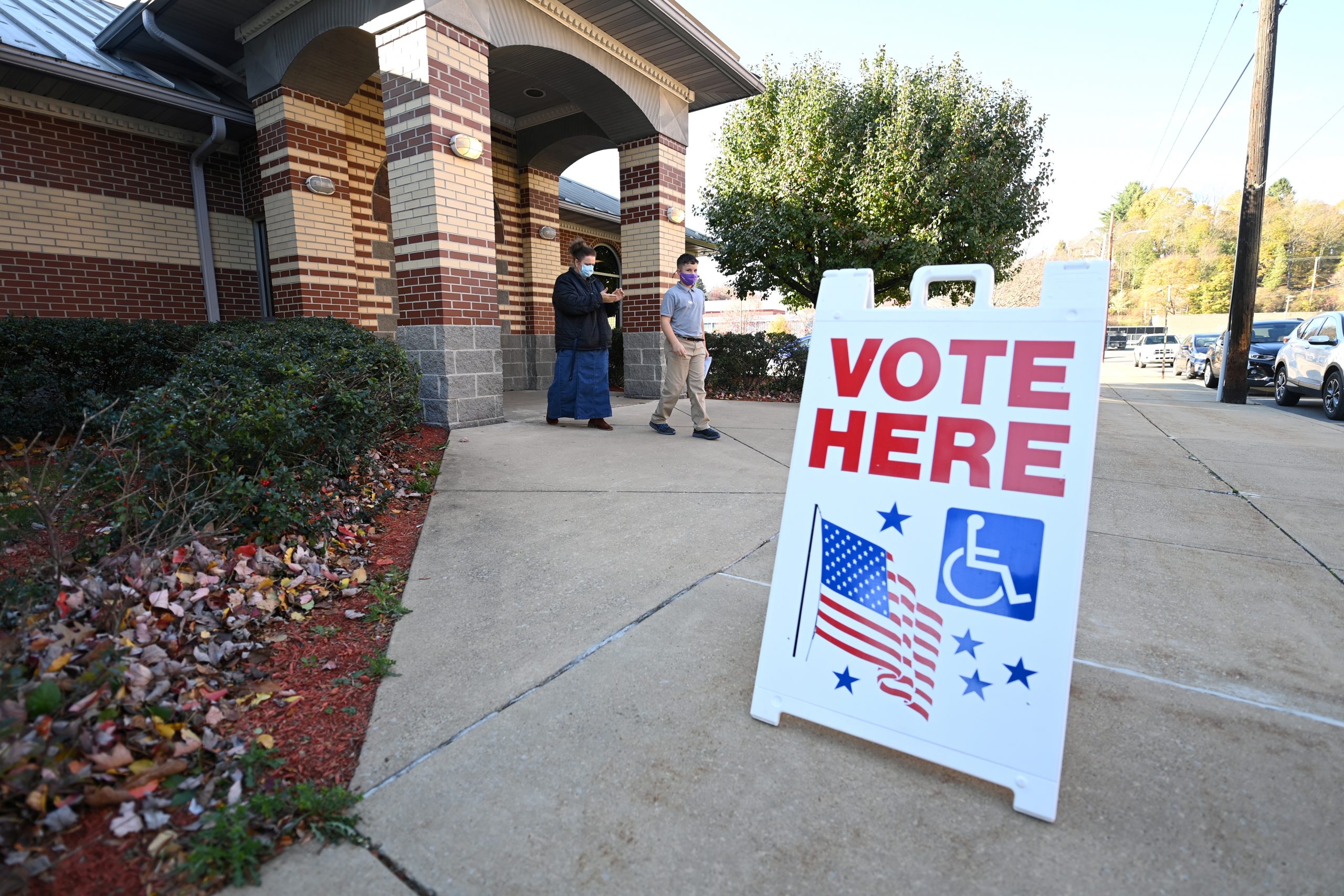
Willie R. Tubbs, FISM News
[elfsight_social_share_buttons id=”1″]
The Democrats’ newest voting rights bill, popular with key moderate Sen. Joe Manchin of West Virginia, will almost certainly stall or die in the Senate.
On Tuesday, The Hill reported that Democrats were concerned that Republicans could filibuster a vote on what that party has hoped would be a bill that would unify at least its 50-member caucus.
Sen. Amy Klobuchar sponsored the Freedom to Vote Act, a bill that would provide more opportunities for early and mail-in voting and allow people to register to vote on Election Day as well as establish federal criteria for redistricting.
“Following the 2020 elections in which more Americans voted than ever before, we have seen unprecedented attacks on our democracy in states across the country,” Klobuchar said in a statement Tuesday. “These attacks demand an immediate federal response.”
While Manchin praised the new proposal, Senate Minority Leader Mitch McConnell has already said Republicans would not support the legislations, which he called, “just a compromise between the Left and the Far Left”.
“No amount of repackaging or relabeling will let Democrats sneak through big pieces of the sweeping, partisan, federal takeover of our nation’s elections that they have wanted to pass since they took power,” McConnell said in a statement Tuesday.
While Democrats could vote to prohibit the filibuster, such a move would require all 50 Senate Democrats to vote in favor of a rule change with Vice President Kamala Harris casting the tie-breaking vote. Manchin, however, has long stood in opposition to changing procedural rules. This means he and other Democrats will need to convince 10 Republican Senators to break from their party.
Since the turn of the new year, and on the heels of the 2020 presidential election, Republican state legislatures have enacted new voting laws that they say will lead to fairer elections while Democrats have floated proposals they hope will combat these new laws, which progressives and liberals have claimed are racist, xenophobic, and overly restrictive.
In January, Maryland Congressman John Sarbanes introduced HR 1, better known as the For the People Act, in response to what he said was widespread voter suppression in the 2020 presidential race.
The For the People Act would have significantly changed American voting and campaign practices. The bill would have required states to offer same-day registration, allow voters to make changes to their registration at polls, ban voting ID requirements, and allow early voting at least two weeks prior to elections. Additionally, HR 1 would have compelled all candidates for President and Vice President to release their previous 10 years’ tax returns.
Sarbanes’ proposal, though, stalled in the Senate because the threat of a filibuster and moderate Democrats’ unwillingness to support procedural changes.
In July, the Brennan Center for Justice, a progressive policy institute located at the New York University Law School that is currently suing the State of Texas over its voting bill, listed 30 laws over 18 states that it viewed as threats to people’s ability to vote.
State lawmakers, though, do not view themselves as suppressing voters’ rights, but rather protecting the integrity of elections.
Prior to signing his state’s new voting legislation, Texas Gov. Greg Abbott said, “… we must have trust and confidence in our elections. The bill that I’m about to sign helps to achieve that goal.”
